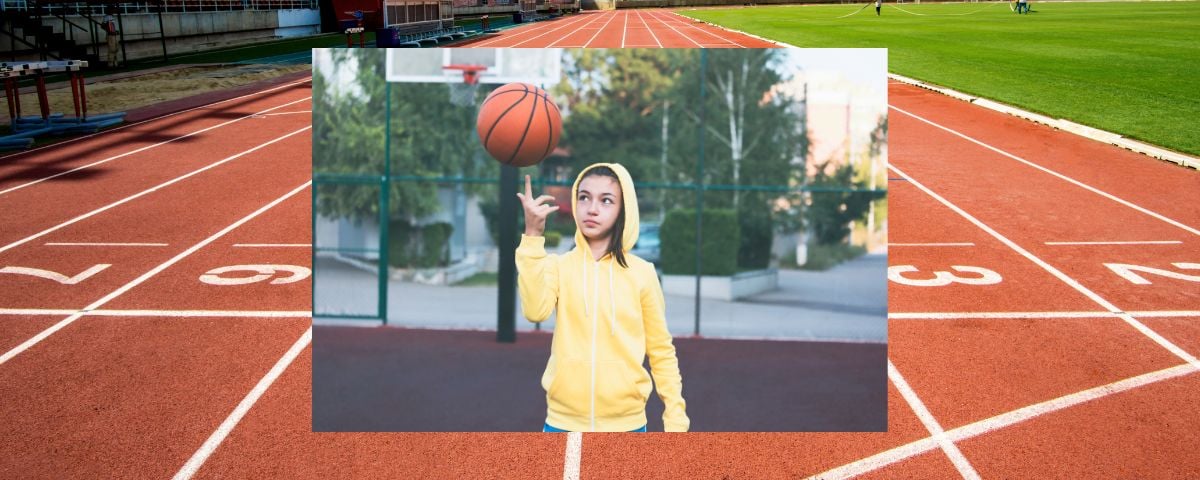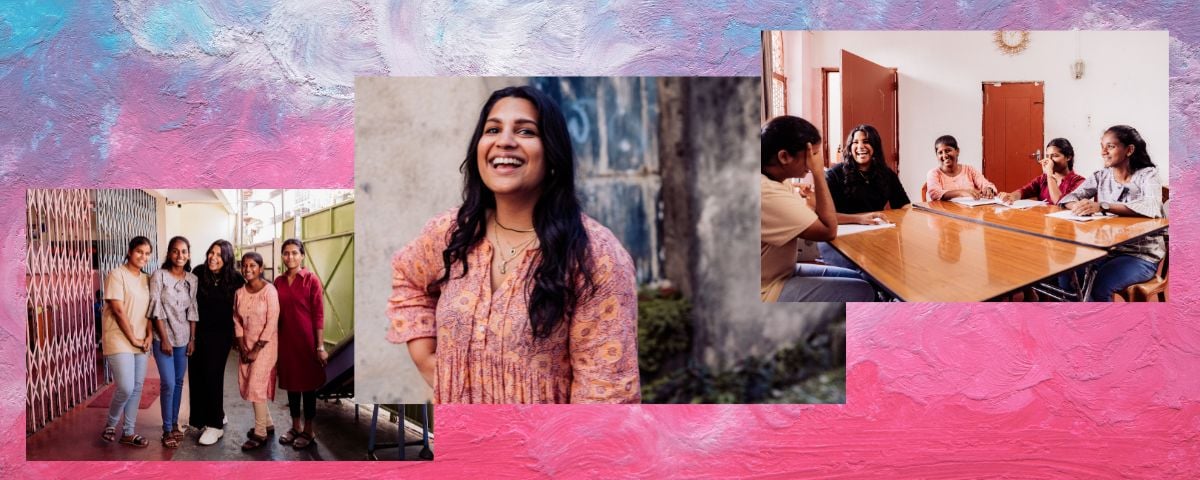Parents of athletic kids know: supporting kids and teens’ emotional and psychological development can be challenging.
Key Points:
- “What athletes really want from parents and coaches is what we call attentional silence or silent encouragement.” – Dr Nair
- Elite athletes distinguish themselves by their ability to recover from errors efficiently.
- Listen to the full episode of ‘Raising Teens’ on the Hope 103.2 app, in the player above or wherever you get your podcasts.
Sports psychologist Dr. Jay-Lee Nair chatted with psychologist Collett Smart from the ‘Raising Teens’ podcast, giving parents strategies for dealing with performance anxiety and fostering a supportive environment for young athletes.
1. Offer non-verbal encouragement
Young athletes often grapple with overthinking their performance, and unfortunately, verbal communication from parents can contribute to their stress.
“What athletes really want from parents and coaches is what we call attentional silence or silent encouragement,” Dr. Nair said, and explained that gestures like nods and smiles are great examples of non-verbal support.
“It’s a gesture of support, encouragement and it’s completely non verbal,” she said.
“What athletes really want from parents and coaches is attentional silence or silent encouragement.”
Young athletes often look to their parents for reassurance, particularly during difficult or challenging moments. This means maintaining positive facial expressions are vital.
“Athletes can interpret [facial expressions] as ambiguous,” she said.
“So, they often say, are they mad at me? I can’t tell – what are they thinking?”
Hope 103.2 is proudly supported by
2. Reinterpret mistakes
Avoiding mistakes is the main goal for most young athletes, leading to what Dr Nair calls “performance hesitance”.
However, she explains, elite athletes distinguish themselves by their ability to recover from errors efficiently.
“What we perceive when we watch elite athletes is we perceive that there’s perfection… but they are still making mistakes.”
Elite athletes distinguish themselves by their ability to recover from errors efficiently.
By reminding them of the value of mistakes, you’re empowering them to stretch themselves.
And the way we respond in the moment has a huge impact.
“The number one element would be [to have] good reactions to mistakes,” she said.
“We need to help our young athletes develop [this skill] over and above everything else when it comes to competition in early days.”
3. Develop positive reactions to mistakes
In a similar way to above, working on the way athletes respond internally to mistakes is crucial.
Dr Nair encourages young athletes to visualise possible errors, and to plan constructive responses in advance.
“They visualize good reactions to it and moving on and refocusing on the next point,” she said.
By embracing mistakes as a natural and necessary part of development, performance anxiety is reduced, fostering resilience.
4. Create a positive environment
A positive environment is vital, particularly when it comes to helping teenage girls stay in sport.
According to Dr Nair, girls are particularly motivated by relationships within their teams and the community around them.
Listen to the full episode of ‘Raising Teens’ on the Hope 103.2 app, in the player above or wherever you get your podcasts.
“As girls progress, they actually prioritize relationships… this is something that’s so important to them,” she said.
For parents, nurturing a positive environment that emphasises the team bond and mutual support rather than competitive pressure, can make a huge difference.
5. Be consistently positive
Using the “Good, Better, How” methodology in post-game conversations can help fortify a positive sporting culture.
By focusing first on what they did well, you can then (very carefully) touch on areas for improvement – providing constructive feedback without being overwhelming.
“Let’s look at three things you did well today, one thing that you can improve and do better in your next match,” Dr Nair suggests.
Listen to the full episode of ‘Raising Teens’ on the Hope 103.2 app, in the player above or wherever you get your podcasts.
Feature image: Photo by CanvaPro
Get daily encouragement delivered straight to your inbox
Writers from our Real Hope community offer valuable wisdom and insights based on their own experiences!
Subscribe + stay connected with all
our latest stories
Hope 103.2 is proudly supported by


























